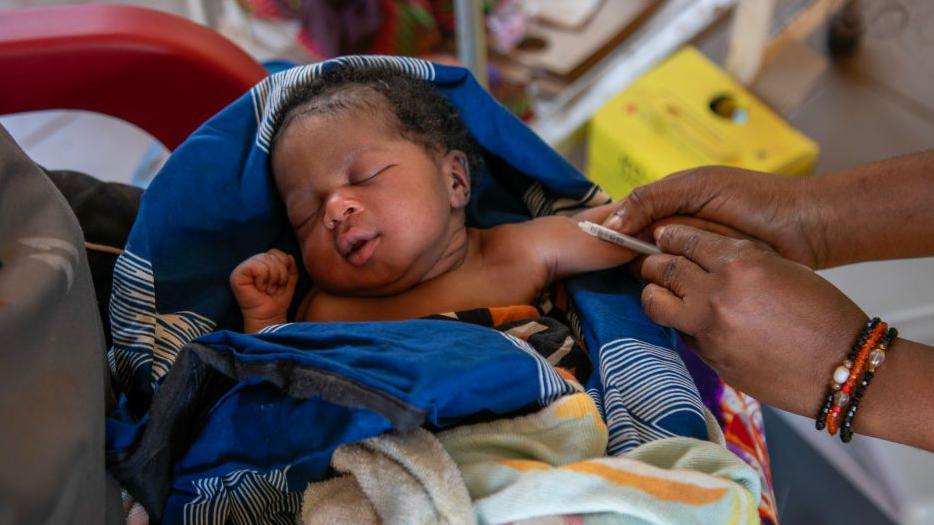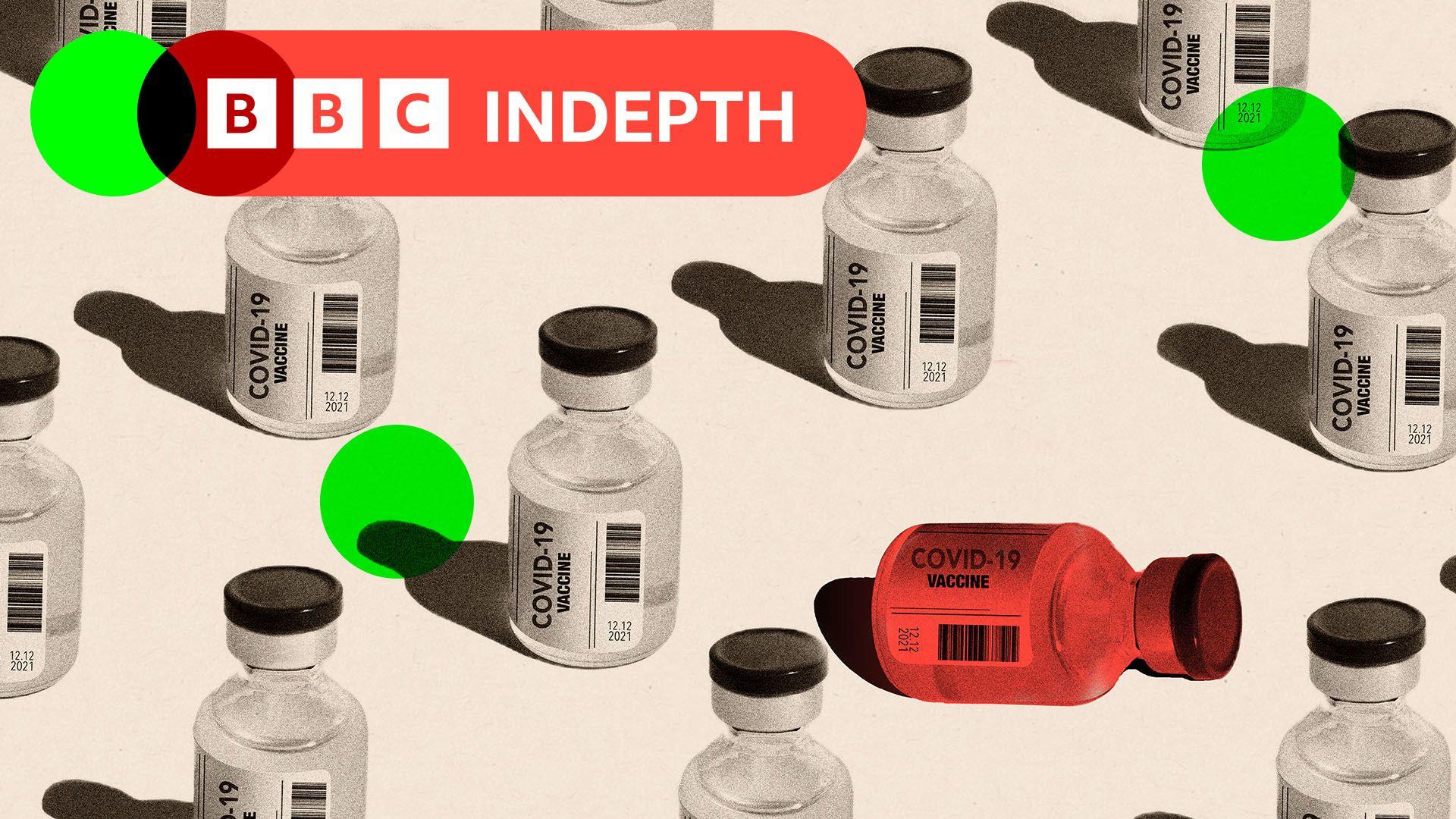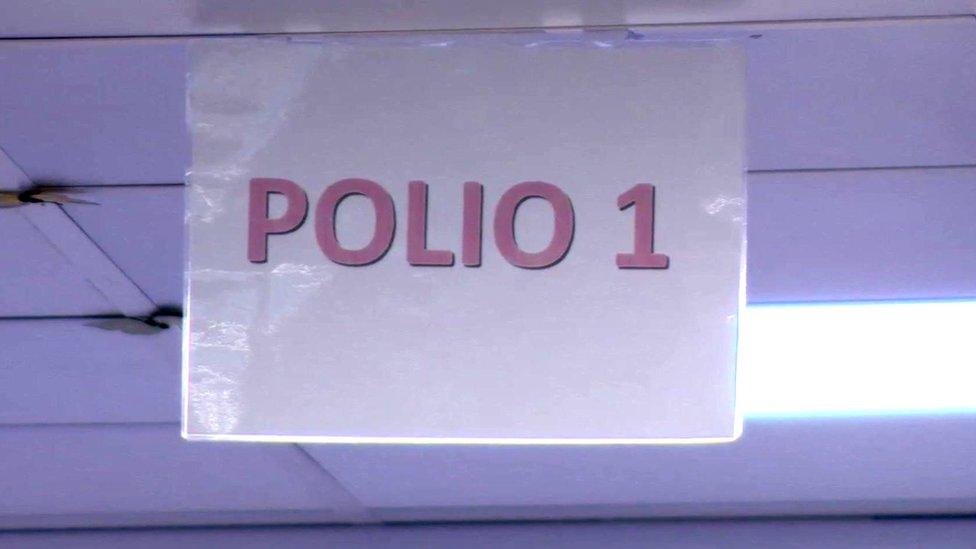Council to vaccinate child in care after court win

The baby's mother, known only as Ms S, had refused the vaccinations (stock photograph)
- Published
A council has won a High Court battle to vaccinate a baby against her mother's wishes.
Islington Council faced a legal challenge by one of its residents after it arranged for her eight-month-old daughter to receive routine vaccinations while the child was in its care.
The mother, known only as Ms S, had refused the vaccinations out of her belief there was a link between the jabs and autism – a claim science does not support.
At the High Court, Mr Justice McDonald decided that not vaccinating the girl would leave her at risk of childhood disease "at a very young age when she remains vulnerable," and ruled in favour of the local authority.
The baby, known only as P, has been under the north London council's guardianship since February due to concerns that her mother could not meet her or her older siblings' basic care needs.
In July, the council proposed the infant stay with her mother at the family home while under its supervision, until it was decided whether or not she would permanently be taken out of her mother's care.
During this time the mother refused to have her daughter vaccinated.
After the council moved ahead with the appointment out of concern for the child's welfare, Ms S took the local authority to the High Court to try to stop it.
'All those chemicals'
The Local Democracy Reporting Service reports that the mother told the court she was convinced of the links between vaccines and autism or ADHD, and believed ethnic minority children were adversely affected by the jabs.
She also said she had seen proof online that 4,500 children had died from preventable diseases and deemed this a low risk when compared to the country's large child population.
At the High Court hearing Mr Justice McDonald "gently pressed" the mother that there were no scientific studies proving the connection between autism and vaccinations.
But Ms S maintained it was still her right to decide, arguing that her daughter was "too tiny to be pumped with vaccinations with all those chemicals".
She added that she might consider letting her child receive the jabs if she were older.
The Children Act 1989 gives local authorities the power to arrange for children in care to be vaccinated even if their parents object.
While there is no law that says children must be vaccinated, the NHS strongly urges parents to follow its routine schedule of vaccinations for babies under one year of age, starting at eight weeks, to protect against diseases like measles, tetanus, diphtheria and whooping cough.
Listen to the best of BBC Radio London on Sounds and follow BBC London on Facebook, external, X, external and Instagram, external. Send your story ideas to hello.bbclondon@bbc.co.uk, external
- Published25 June

- Published16 January

- Published15 November 2022
